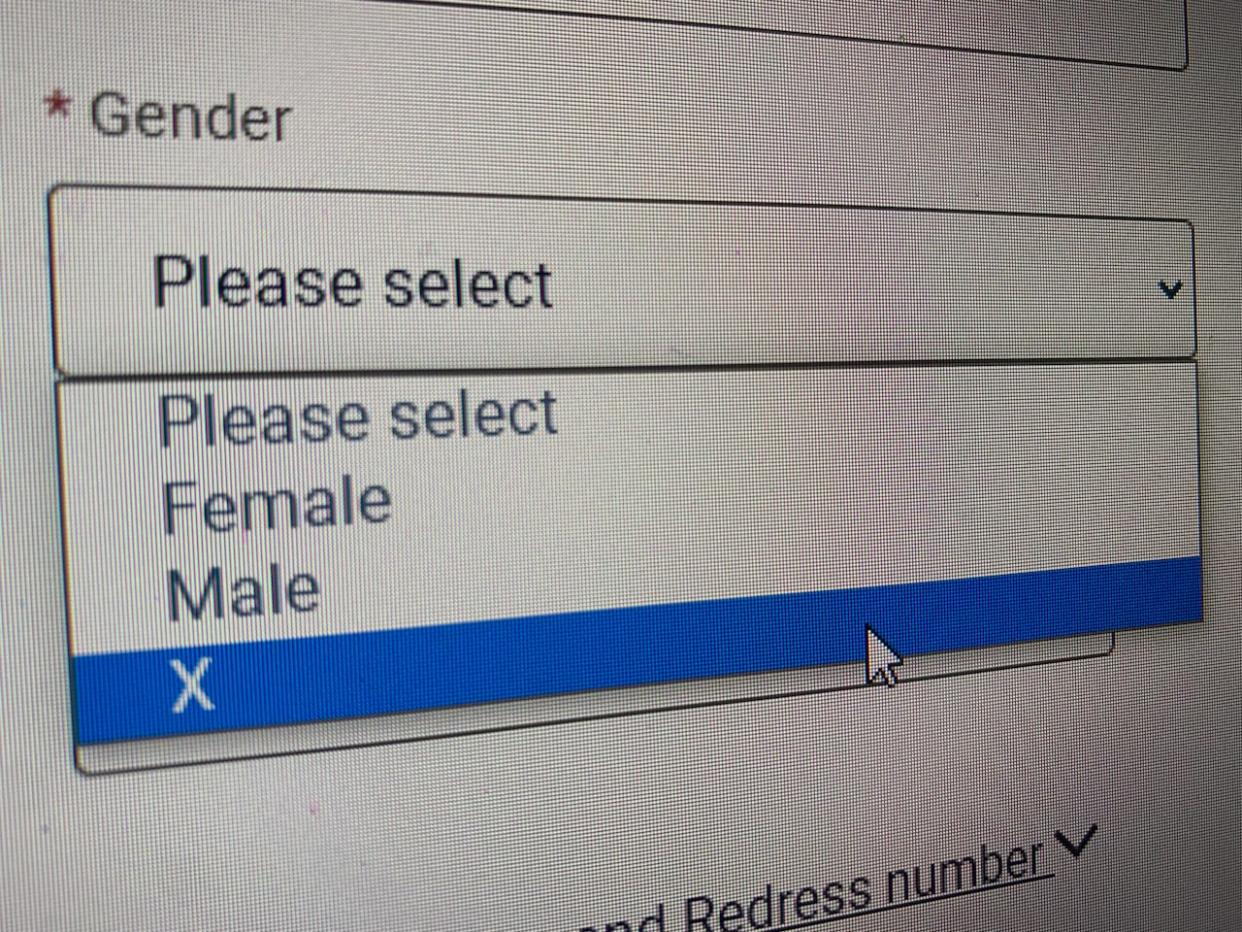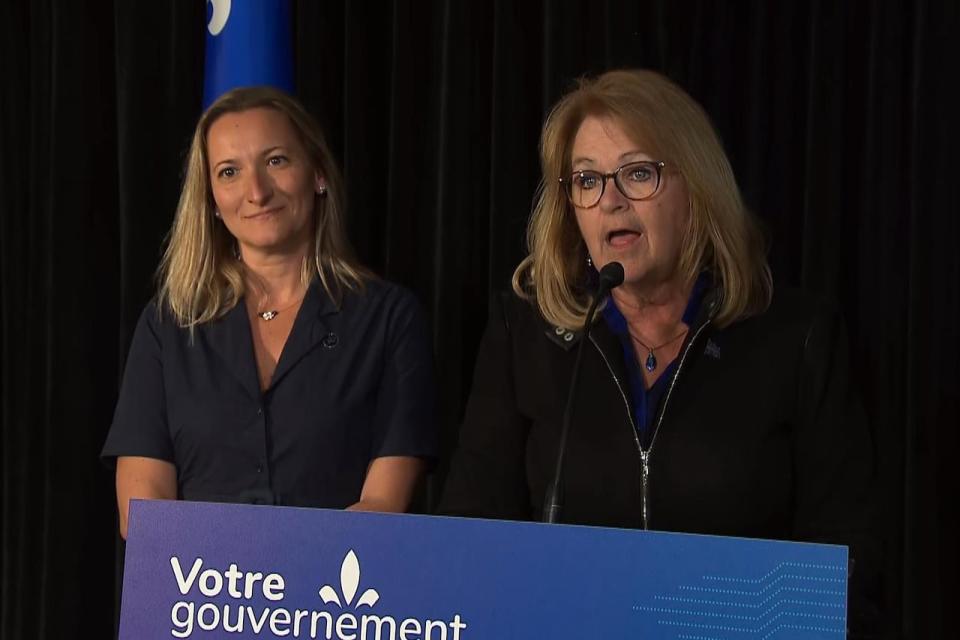No X gender markers on IDs until at least 2025, Quebec says

Trans and non-binary people in Quebec wishing to have their documented gender markers reflect their identity will have to wait until a new committee files its report next year, according to the Quebec government.
Advocates have been pushing for X gender markers to be available on provincial identification documents like health cards and driver's licences for years. One activist went on a 12-day hunger strike outside the offices of the province's health insurance board, the Régie de l'assurance maladie du Québec (RAMQ), last month in the hope that the government would speed up the process.
Canadian passports, citizenship certificates and permanent resident cards all have the option of an X gender marker. Provincial documents in Ontario, such as birth certificates and driver's licences have made non-binary gender markers available since 2017.
In 2021, the Quebec Superior Court forced the province to reword several sections of the Civil Code of Quebec — parts of which included having non-binary people be recognized as such on their birth and death certificates.
But, the RAMQ and the automobile licensing board, the Société de l'assurance automobile du Québec (SAAQ), say they lack the authorization and the IT systems needed to add an X to cards to replace the current M or F.

Family Minister Suzanne Roy, right, had previously said the new committee on gender identity would not backpedal on LGBT rights. (Radio-Canada)
The minister of families is saying Quebecers will have to wait until at least 2025 — a change of direction, as the government has been working on this issue for months. Guidelines were expected this fall to allow departments and agencies to add the X marker to their official documents.
'Slap in the face': student
When the committee's members were announced last week, Family Minister Suzanne Roy said it would not backpedal on LGBT rights. But advocates say that's exactly what the government is doing.
"What we're hearing today is 'Actually no, if the committee does recommend that we backpedal on those rights then we're going to do so,'" said Francesco MacAllister-Caruso, a PhD student at Concordia University studying trans rights and political representation in Canada.
"It's a bit of a slap to the face to the community."
Trans activist Celeste Trianon, who runs a legal clinic that helps people request name and gender marker changes, couldn't agree more.
She says one of the most common requests she gets is for X gender markers, and her clients are always disappointed to find out they are still not available on provincial IDs.
"It's not just a health card, it truly is a foundational identity document which reveals who you are in the state's eyes. If that doesn't correspond with who you are, it can cause great distress," she said.
Trianon said she was bracing for the worst when it was revealed that the committee on gender identity didn't include any trans people or experts on trans issues.
"Many people in the trans community are scared."

Celeste Trianon says many people come to her legal clinic asking how to change their gender markers and legal name. (Holly Cabrera/CBC)
Trianon and MacAllister-Caruso also pointed out the current situation creates discrepancies between federal and provincial identity documents that can lead to uncomfortable situations where a person's gender isn't the same on all documents.
The family minister denies backpedalling on the issue of X gender markers and is quick to point out that the choice is available on civil status certificates.
"Gender-identity issues are sensitive and deserve thoughtful responses," said Catherine Pelletier, a spokesperson for the family minister.
Philippe-André Tessier, president of the Commission des droits de la personne et des droits de la jeunesse (CDPDJ), said it is unclear whether the delays mean the government is breaching the Charter of Human Rights and Freedoms, which prohibits discrimination based on gender identity.
He urged the Coalition Avenir Québec government to act swiftly.
"We understand that work is underway, and we insist that this work be completed as quickly as possible to ensure that people with a different identity marker can be adequately reflected on their identity documents," he said.
According to Radio-Canada, by early fall, 360 people had sent RAMQ a request to have the X gender marker on their health card.

